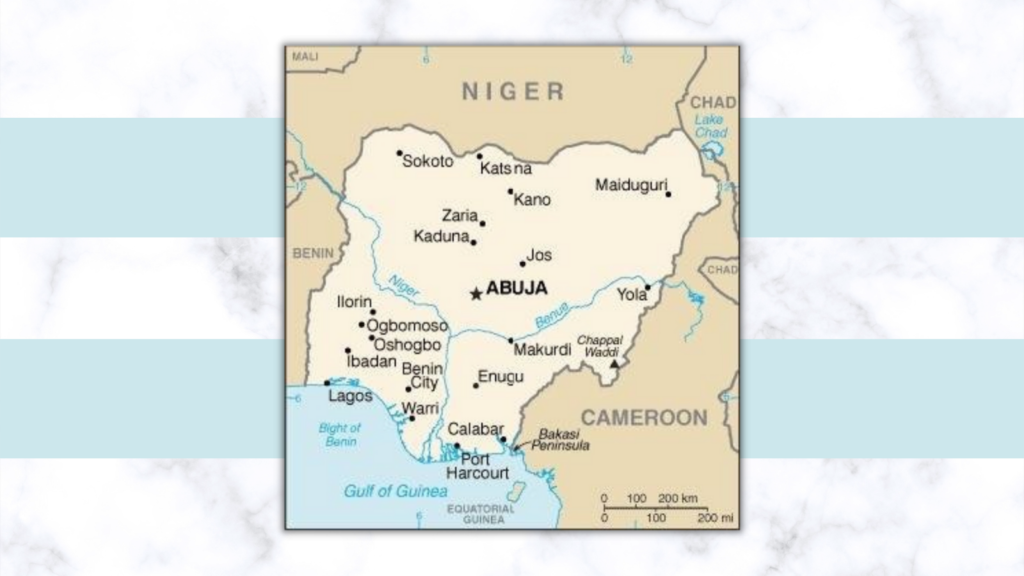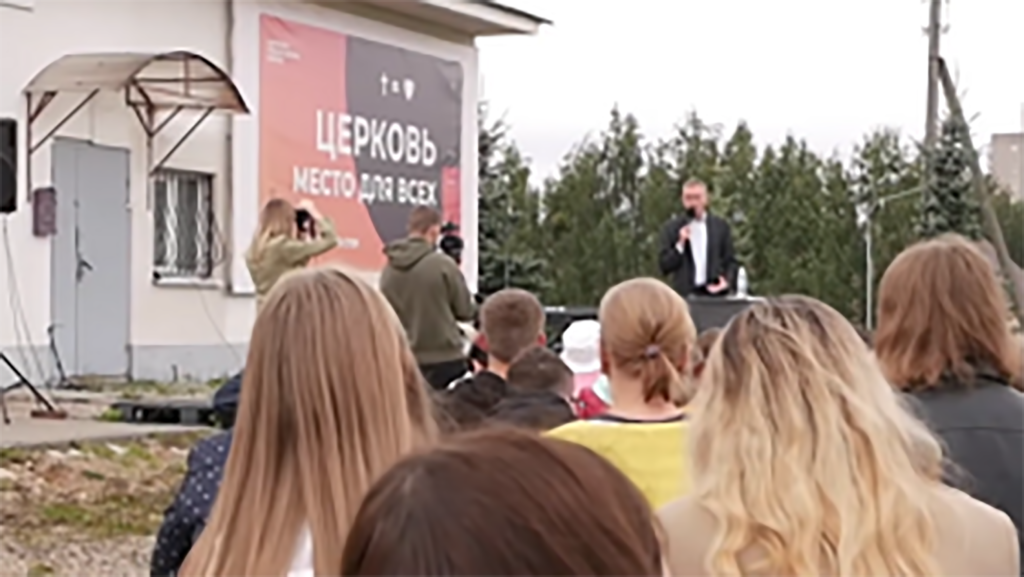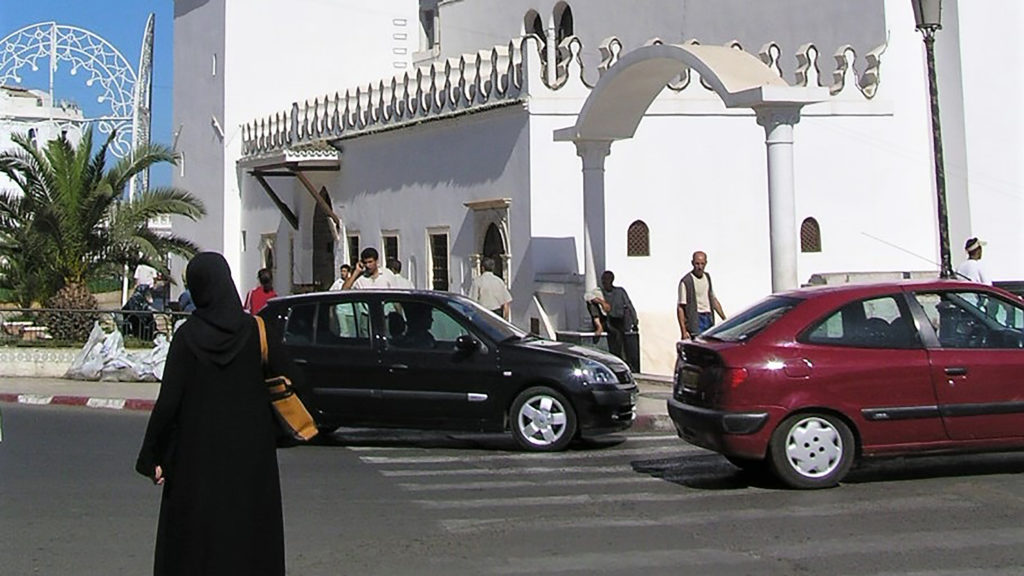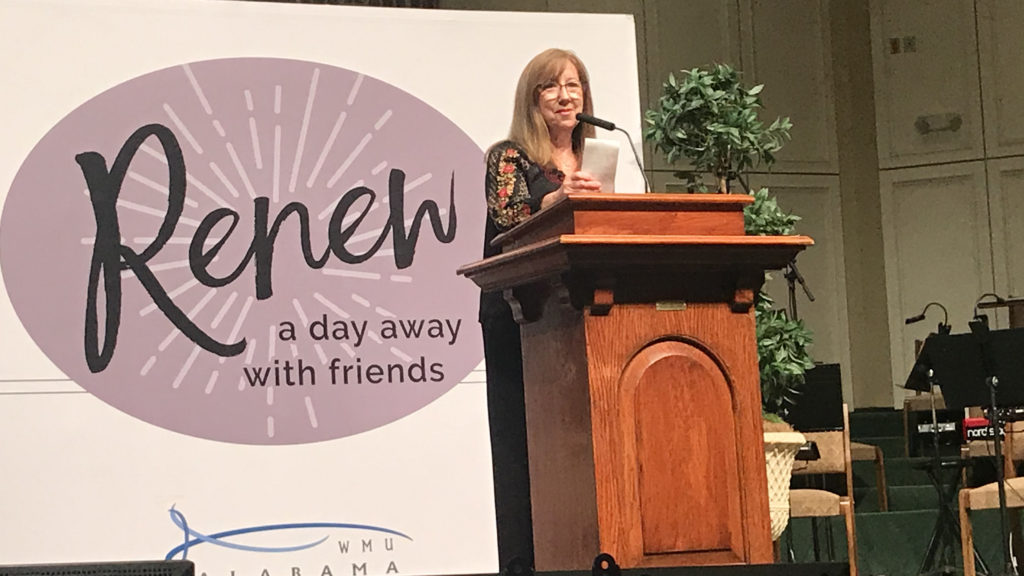Kathie Lee Gifford came under fire because it was said some of her clothing line was produced under questionable circumstances.
Human rights issues abound in most any discussion of China. Yet, the government of the United States chooses to grant the country the designation of “most-favored nation.”
The term “slave labor” rears its head again and again in the op-ed pages of the newspaper.
The problems and concerns of contracting with Third World entities to produce goods often come onto the spotlight. But it seems little is done to make sure the workers are paid fairly and not enslaved.
There are denominations and organizations in the United States, however, that are marketing these products in a special way and, more importantly, are diligently trying to make sure the craftspeople receive a livable income from their work.
One such group is the Woman’s Missionary Union (WMU). Through its WorldCrafts product line, the national WMU sells home décor and accessories, gift and baby items, jewelry, baskets, candles and Christmas decorations, among other things.
A fair price
Karen Flowers, WorldCrafts project manager, said the endeavor began in 1995, the idea of WMU’s then-executive director Dellanna O’Brien. It is a way to offer Third World artisans an opportunity to receive fair prices for their handi-crafts.
WMU already sold products along a different line, so the computer system and warehouse needed for WorldCrafts were in place, Flowers explained.
Then, by working through missionaries on the field who come in contact with these artisans, the product line developed. New artisans and countries have been added, with each subsequent catalog , Flowers said.
The new catalog published Sept. 1, features 17 countries, the new ones being Kenya, Turkey, Guyana, the West Bank, Zimbabwe and South Africa, she added.
Most of the craftspeople featured in the catalog aren’t Christians, Flowers went on to explain. But the WorldCrafts effort does give missionaries working with the artisans the opportunity to minister to them. In some cases, it gives the missionaries working with the artisans the opportunity to minister to them. In some cases, it gives the missionaries a “business” reason for being in a country where they wouldn’t be welcomed otherwise.
When the artisans go to a certain location to pick up supplies for making the items or to drop off the finished products, they may get to be involved in Bible studies. “Some,” noted Flowers, “have become Christians through this ministry.”
In several countries, the artisans are offered medical clinics, literacy courses and self-improvement classes, such as nutrition and hygiene, she said.
This project, first of all, offers the people of other countries the chance to sell their wares for fair wages. But in the United States, these handmade items take on a whole new life.
The buyers, during the parties at which the items are sold, learn about other countries, taste new foods and feel good about helping artisans who either wouldn’t have a market or would receive little for their work otherwise.
Flowers also said the parties and unique products get the buyers excited about missions. A party in Kentucky actually helped to revitalize a WMU group.
Girls in Action (GAs) get in on the enthusiasm too.
The GAs at First Baptist Church, Troy, have a party and fashion show once a year as part of its WorldVentures said Betsy Gates, who works with GAs at the church and is the wife of Jay Gates, pastor of Bethel Baptist Church, Banks.
She said the response is always positive. “The ladies always enjoy ordering things from different countries.”
Melissa Bowen of Prattville has hosted two parties and plans to have a third one in the fall. She likes to host the events for her Women on Mission group at First Baptist Church, Prattville.
She gives WorldCraft items as Christmas gifts and includes a little note about the countries from which they came. She sees this fair trade concept as “a way to participate in ministering and assist the people that make WorldCrafts.”
So as not to overwhelm the craftspeople with orders, WorldCrafts began on a small scale. The parties mainly have been held in Alabama and Kentucky, said Flowers. During each of the last three years, there have been about 100 parties in Alabama.
But this year it becomes a nationwide endeavor, she said.
The concept is creating excitement … and revenue. In 1995, WorldCrafts generated $7,000 in revenue. In 1999, the figure had grown to $100,000. But Flowers pointed out that “we haven’t made a profit.”
The goal is to run as a cost-recovery operation so as not to be subsidized by the WMU. Anything above cost-recovery would go back into the project, she explained.
WorldCrafts “doesn’t solicit and crafts,” Flowers continued. Instead, missionaries on the field encounter artisans and contact WorldCrafts. And not all those missionaries are Southern Baptists. Some are evangelicals recommended to WorldCrafts by Southern Baptist missions personnel.
WorldCrafts works with missionaries in the various countries to find out what a fair price is for a certain product in that particular land. “(The artisans) are paid for all labor and items up front, whenever we receive them,” said Flowers. Unsold items are never returned.
Becky Armstrong, owner of Worlds Apart Trading Co. in Homewood, believes the method of fair trade and paying up front is important and is changing lives.
Plus, helping the artisans to earn more money allows them to secure a better education for their children. And that, she continued, will go far in breaking the cycle of poverty.
She opened her store three years ago after she had spent some time in Indonesia, where her husband was working. The island where he was didn’t attract much tourist traffic, so the craftspeople had little opportunity to market their wares.
International flavor
The items at her store represent more than 40 countries and are supplied to her through Fair Trade Federation buyers, she said. However, “”I do carry some items from the U.S. as well. Those were produced by participants in job training programs, according to Armstrong.
In addition, foreign students, Peace Corps volunteers and missionaries have brought other craftspeople to her attention, she said.
One of the wholesalers from whom Armstrong purchases may very well be the 50-year-old SERRV International of New Windsor, Md. It was a project of the Church of the Brethren and, only last year, became an independent entity, according to Bob Chase, president of SERRV, he said.
About 3,500-4,000 churches—usually Protestant, but more recently some Catholic and Lutheran congregations have been involved—participate in Christmas sales in the fall of the year. SERRV’s fall catalog goes out to about 400,000 people. Also, chase said SERRV has two stores in the Maryland area.
SERRV, he explained, works with existing and reputable organizations in the various countries to purchase items from artisans. Those organizations help to establish what a fair price would be, taking into account the cost of living, minimum wage and other factors.
Never, Chase emphasized, is an attempt made to get an asking price lowered for an item.
In addition, much follow-up is done to make sure that the artisans are receiving their pay as they should. The reason SERRV tends to work with other agencies rather than individual craftspeople, Chase said, is because that is the way to make the greatest impact on poverty.
Fruits of labor
He gets to travel to some of the countries featured in SERRV’s catalog and sees how the living standards are rising in communities where the workers have a steady and fair income
Other forms of assistance are offered to the craftspeople, he went on to say. For example, a product designer works with the people to help devise new designs. There is also assistance in training and equipment procurement. In cases of emergency situations, grants may be awarded, Chase said.
The workers, he said, always are paid half their money at the time an order is placed and the remainder upon shipment. Much the same method of payment is used by Ten Thousand Villages, a part of the Mennonite Central Committee. Ten thousand Villages’ headquarters is in Akron, Pa., and is an outgrowth of the relief organization of the Mennonite and Brethren in Christ churches.
Larry Guengerich, media coordinator for Ten Thousand Villages, said the organization asks the artisans what they think is a fair price for their wares. They’re given 50 percent when the order is placed and the other half when the goods are taken to the port for shipment.
Guengerich said 26 cents on the dollar paid in the United States for the products stays with the artisan. The rest of the 74 cents goes to taxes and transportation to get the items to the United States, rent for the stores, administration and advertising.
The products procured by Ten Thousand Village, he said, are sold in its 52 United States store that carry that name and about 65 others that use different ones, such as Global Gifts or Hands Around the World. The stores are concentrated in Illinois, Indiana, Kansas, Pennsylvania, Ohio, Virginia, North Carolina, Massachusetts, Rhode Island and Connecticut.





Share with others: